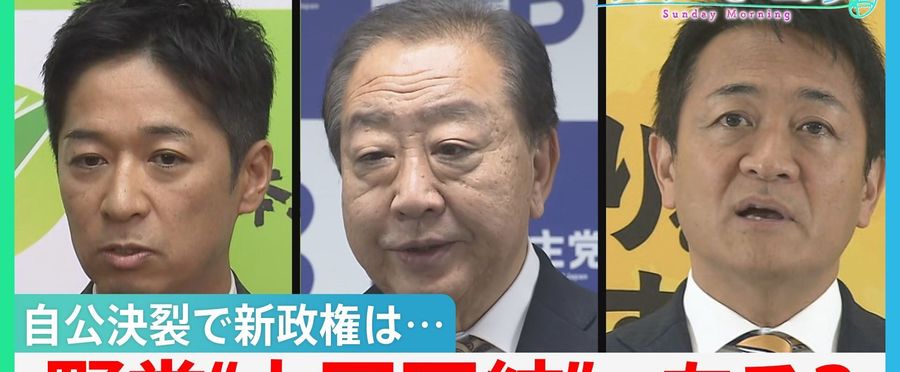Japan's political parties are intensifying their struggle over the Prime Ministerial nomination. This power tussle comes as the top position in Japan's government sees prospects of a vacant seat. While it is unclear when the position might officially open, the anticipation has sparked off strategic maneuvers among the political parties who are keen on securing the coveted office.
The role of the Prime Minister in Japan is significant due to his power to decide on important national issues, and his party's majority in the parliament often influences these decisions. The struggle for the PM's position is thus an eagerly watched event, involving the entire nation's interest. The Japanese respect for hierarchies and the tenets of consensus-building also play into these political dynamics.
Similar to the selection of party leaders or presidential candidates in both the US and EU, the party maneuvering seen in Japan underlines ideological divides and allegiance to individual leaders within parties. However, unlike the direct public elections seen in the US, Japan's model is more akin to the EU, with party members having a significant say.

